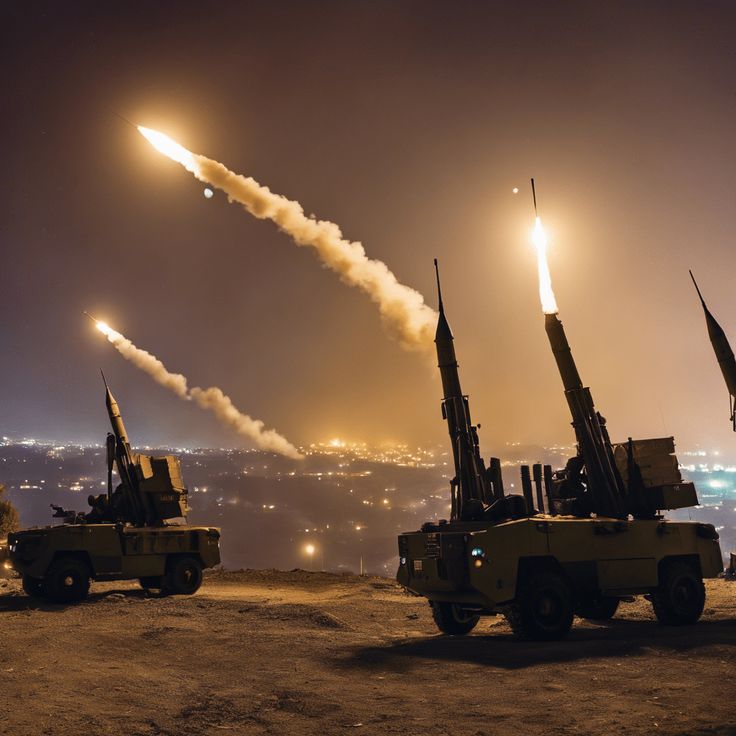Introduction
In September 2025, the war between Israel and Hamas took a shocking turn when an Israeli airstrike hit Doha, Qatar, killing several people, including relatives of senior Hamas negotiators and a Qatari security officer. The incident happened while key Hamas officials were reportedly engaged in ceasefire talks in the Qatari capital.
This unexpected strike has not only deepened the humanitarian and political crisis but also placed regional diplomacy under intense strain.
What Happened in Doha?

According to reports, the Israeli strike targeted a building in Doha where Hamas leaders were present. The attack killed around six people, including:
- The son of a senior Hamas negotiator
- A Qatari security officer
- Other individuals involved in the talks
The strike sent shockwaves across the region because Qatar has been a central mediator in ceasefire negotiations. For many, this attack signaled a deliberate disruption of the ongoing peace efforts.
Impact on Ceasefire Negotiations
Hamas quickly declared that the Doha incident would not change its ceasefire demands, which include:
- A full ceasefire in Gaza
- Complete withdrawal of Israeli forces
- A hostage–prisoner exchange deal
- Humanitarian aid and rebuilding efforts
The strike has created a serious trust deficit. For mediators like Qatar, the attack raised questions about whether peace negotiations can continue on their soil.
International Reaction
The global response to the Doha strike has been strong:
- Qatar condemned the attack, calling it a violation of sovereignty and a blow to peace efforts.
- The United Nations Security Council, with U.S. backing, criticized the strike and urged de-escalation.
- Regional powers like Saudi Arabia and the UAE expressed concern, warning of wider instability if the conflict spreads further.
Analysts believe the incident has not only complicated ceasefire talks but also reshaped how Gulf states view Israel’s actions in the broader Middle East.
Humanitarian Consequences
Beyond diplomacy, the war continues to devastate Gaza’s civilian population:
- Thousands displaced as Israel ordered evacuations from Gaza City.
- Food and medical shortages worsening, with famine conditions reported.
- Families caught in the crossfire, now facing uncertainty after peace hopes were crushed in Doha.
For civilians, the Doha incident represents more than a political setback—it is a reminder that the war’s end still feels far away.
Also Read: Crisis In Palestine
Why the Doha Strike Matters
The strike is seen as a turning point in the Israel–Hamas war for three reasons:
- Undermining diplomacy → Striking in the host country of negotiations sends a message that Israel prioritizes military goals over dialogue.
- Regional fallout → By hitting in Qatar, Israel risks alienating Gulf states and reshaping alliances.
- Humanitarian setback → Every failed negotiation prolongs suffering for civilians in Gaza.
Conclusion
The Doha strike has cast a shadow over already fragile ceasefire talks between Israel and Hamas. While Hamas insists its demands remain the same, and Israel shows no signs of compromise, the real victims remain ordinary people caught in the middle of a war with no clear end.
As the international community calls for restraint, one thing is certain: the Doha incident will be remembered as a pivotal moment in the ongoing Israel–Hamas conflict, with consequences that extend far beyond the borders of Gaza and Israel.

Leave a Reply